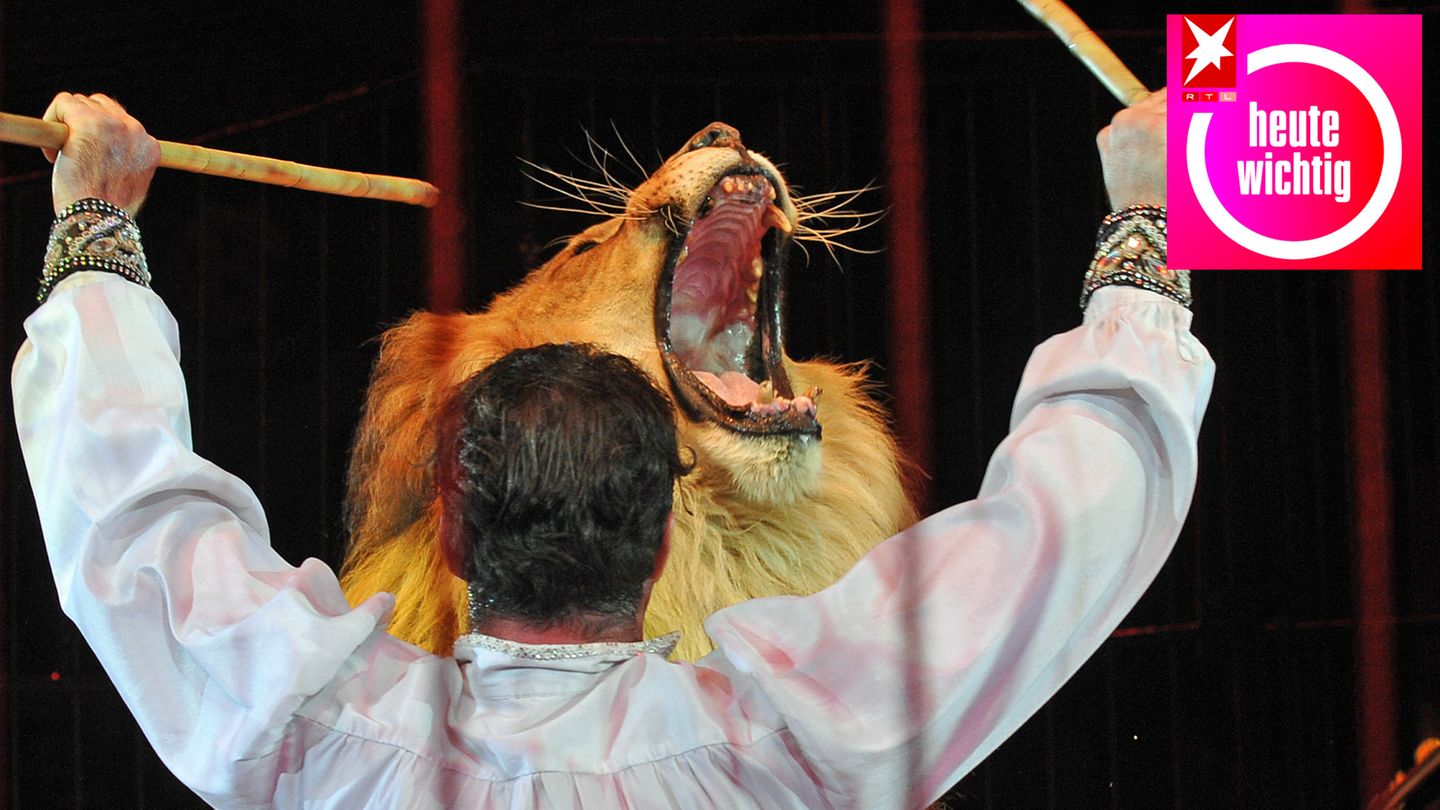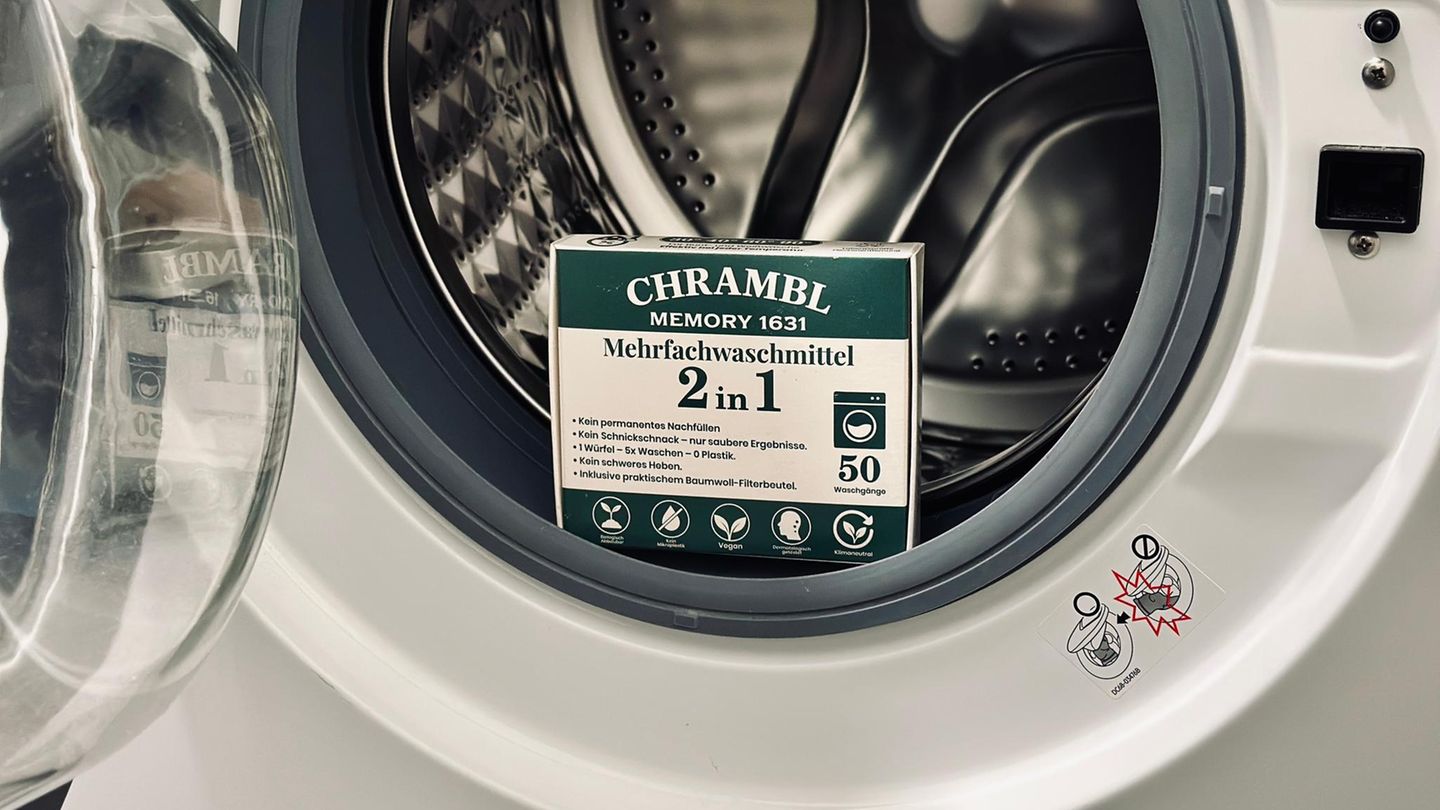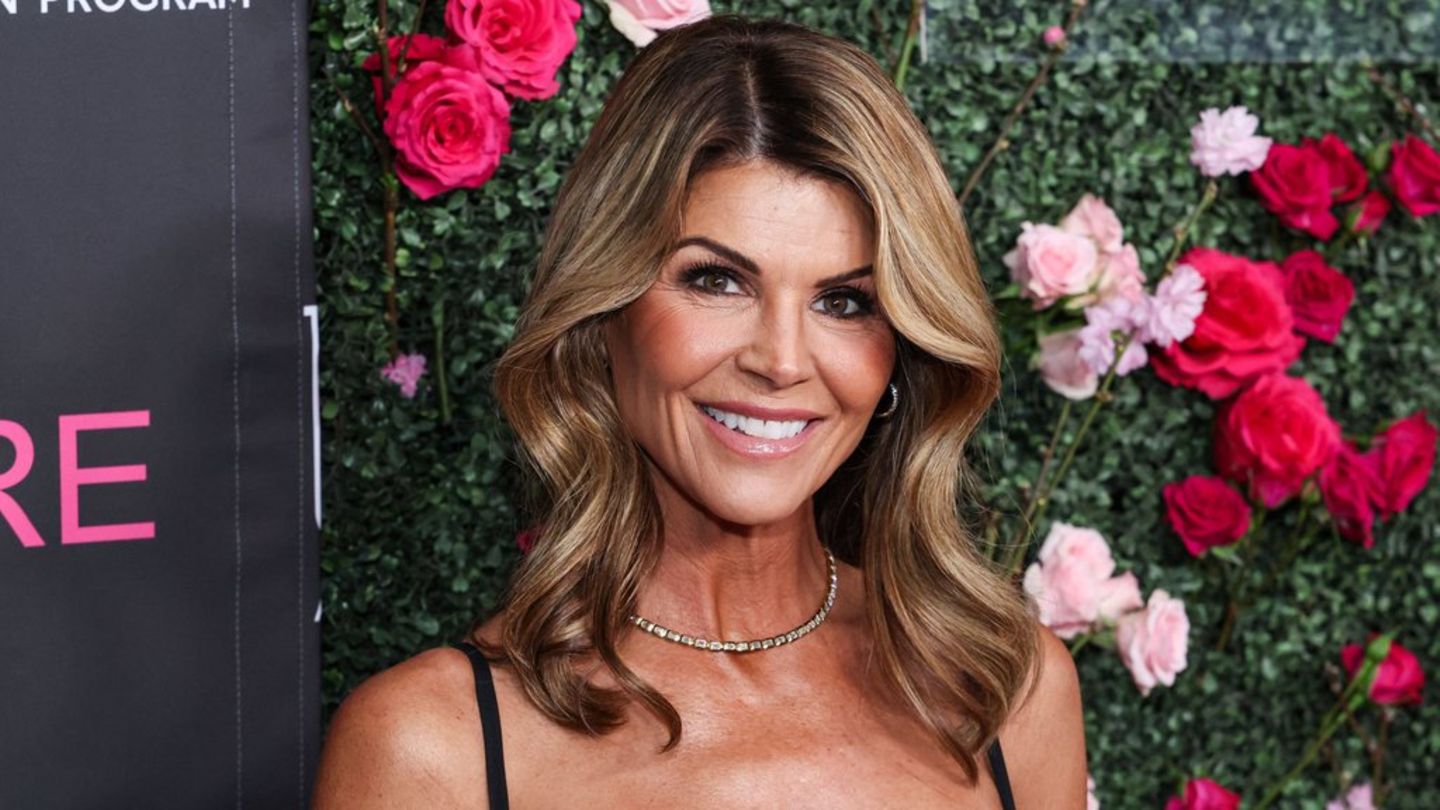podcast
“Circus with animals is not contemporary at all,” says PETA expert Dr. Yvonne Wuerz. Nevertheless, Germany is one of only three countries in the EU that still allows wild animals in circuses without restrictions.
“Circus yes, but without animals,” says Yvonne Würz from “Peta” in the current podcast episode. We know today how much animals suffer in the circus. “In the circuses, the focus is on the training, the demonstration of the animals – that means there is often violence and coercion.”
“We need a proper wild animal ban in Germany”
More than a third of Germans already reject wild animals in the circus. And while well-known circus companies such as Cirque du Soleil or Roncalli have been doing without performances with animals for years, Circus Krone, for example, still sticks to it. He is currently a guest at the Heiligengeistfeld in Hamburg and has again mobilized many animal rights activists to campaign for a ban on wild animals in the circus. “Peta” also calls for a ban on wild animals, but at best on all animals, in the circus. Politics must get involved, says Yvonne Würz. The last attempt, under the then Minister of Agriculture Julia Klöckner, was a “fig leaf”. A “proper wildlife ban” is needed.
Abuses and behavioral disorders in zoos
Not only in circuses, but also in zoos and animal parks, “Peta” complains about grievances and behavioral disorders in the animals. “Zoos pride themselves on protecting species, but if you look critically, that’s not the case,” says the biologist. The lack of space is still enormous, plus the social component. “Normally, animals are in family groups all their lives, in the zoo they are separated.” On the other hand, according to Würz, animals are socialized with each other that actually don’t get along at all. “We see a lot of physical and mental illnesses.”
Even non-professionals can recognize the suffering of the animals immediately, says the biologist, for example when an animal paces restlessly up and down or shakes its head. In her opinion, the most important thing would be to immediately phase out sensitive animal species such as apes, elephants, dolphins or big cats via breeding bans. “However, releasing an animal that has lived in captivity all its life can be very risky. Remedial measures include sanctuaries, extensive parks, for example for bears, or supervised sea bays. Such stations are also a good alternative for animal park lovers, because for them there is a clear answer from Yvonne Würz: “We see it that animals are not there for human entertainment and zoos should clearly not be supported.”
Your subscription to “important today”
Don’t miss an episode of “today important” and subscribe to our podcast at: , , , or in your favorite podcast app. If you have any questions or suggestions, please write to us.
Source: Stern
David William is a talented author who has made a name for himself in the world of writing. He is a professional author who writes on a wide range of topics, from general interest to opinion news. David is currently working as a writer at 24 hours worlds where he brings his unique perspective and in-depth research to his articles, making them both informative and engaging.




